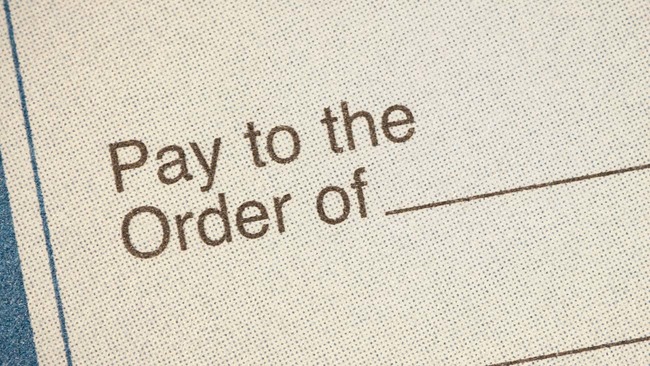Everything You Should Know About Money Orders

There’s no question that convenience plays a major part in how we make purchases. Today’s consumers often prefer mobile payment services, such as Venmo, over debit cards and checks. Yet there are still situations that warrant the use of money orders, certified checks, and wire transfers.
As you’ll see in this article, money orders remain incredibly useful. Let’s take a closer look at this “traditional” form of payment and other secure payment methods.
What is a money order?
It’s basically another way to make payments or transfer money. Though money orders are comparable to checks, you should be aware of the differences.
For one thing, money orders are prepaid. This means you must pay for it using another form of guaranteed funds such as cash or a debit card.
How does it work?
Say you choose to get a money order at your bank or credit union. You’ll need the funds, the payee’s name, and the amount you want to send. You should also be prepared to include your address and sign the money order.
Keep in mind that the recipient won’t receive the funds automatically, which is why we suggest holding onto the receipt. Not only does the receipt show that you paid for the order, but it also comes with a tracking number.
You’ll find that the process for obtaining a money order is fairly simple and straightforward. That said, people fall victim to money order scams every day. So remember to use caution and only use this payment method under certain circumstances.
Where can I get one?
As we mentioned above, the safest bet is your bank or credit union. If you aren’t in close proximity to your financial institution, consider heading to a post office, retail store, or grocery store. Just know that money order fees vary depending on where you go.
Why use a money order?
We rely on mobile payment services, debit/credit cards, and cash to complete most of our financial transactions. But you will likely encounter a few scenarios in which these payment options aren’t accepted. Here are some cases where it makes sense to use a money order.
Secure bill pay
Not able to pay a bill online and would rather not mail a check that has your bank account number? With a money order, there’s no worrying about what the recipient may do with your funds. This is a reasonable, secure option for sending payments as long as you’re okay covering the associated fee.
Eliminates concern over a bounced check
In the process of selling your car? The last thing you want to do is hand over the vehicle and never receive compensation because of a bad check. Save yourself the headache and require a money order when the time comes to sell.
Safer than cash
Nobody feels comfortable carrying a large amount of cash. So the next time you splurge on a luxury item, use a money order. It’s much safer than trying to handle a bunch of bills and it’ll put the seller’s mind at ease.
Is it safe?
Generally speaking, money orders are safe. You can relax knowing you have the ability to cancel your money order if it hasn’t been cashed by the recipient. Plus, you’re free to go directly to law enforcement if you discover it’s been cashed by someone other than the recipient.
Money order alternatives
Not sure how you feel about using a money order for your next major transaction? There are several viable alternatives, including cashier’s checks and wire transfers. Here’s what you should know about these payment methods.
Cashier’s checks
Cashier’s checks, like money orders, are guaranteed by the issuer and designated to a specific payee. So what differentiates the two? Well, aside from only being available at financial institutions, cashier’s checks are typically requested for larger sums of money.
It should come as no surprise that many borrowers obtain a cashier’s check for their home loan closing.
Wire transfers
The Consumer Financial Protection Bureau defines a wire transfer as an electronic transfer of guaranteed funds. While you can expect to spend upwards of $40 on a wire transfer, there’s almost no risk involved with the transaction. And both parties will appreciate that the payment can’t be canceled or faked like money orders.
Forbes notes that a wire transfer is another common way of “transferring money from one bank account to another to settle real estate closings."
Prepare for your closing
Need help getting things in order for your closing? This is why it’s important to have the right lender by your side. Contact one of our experienced mortgage consultants at (800) 910-4055.




